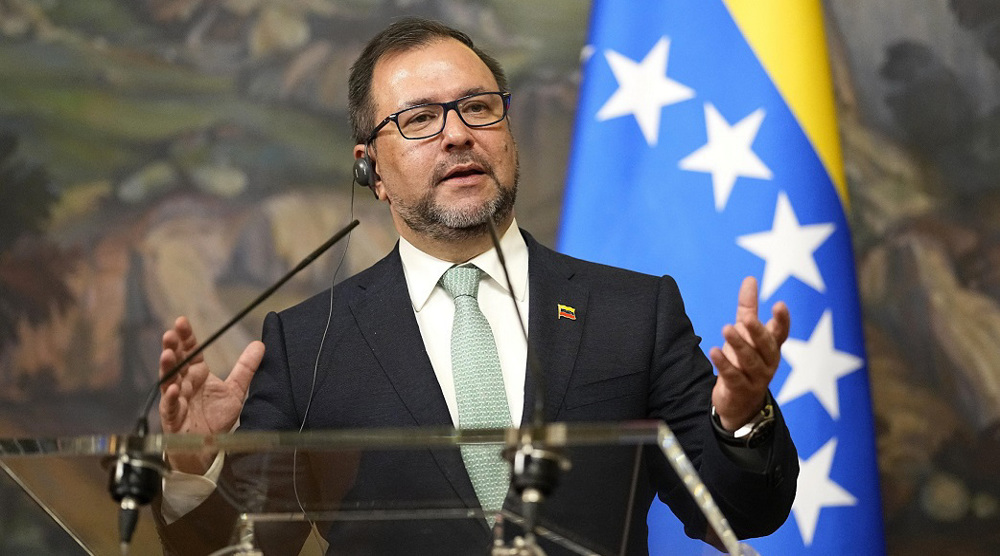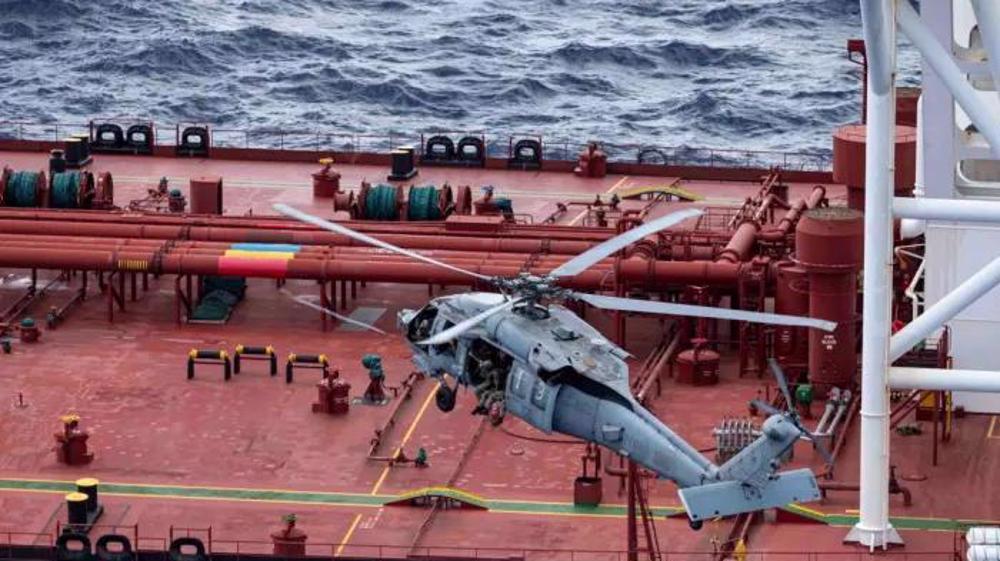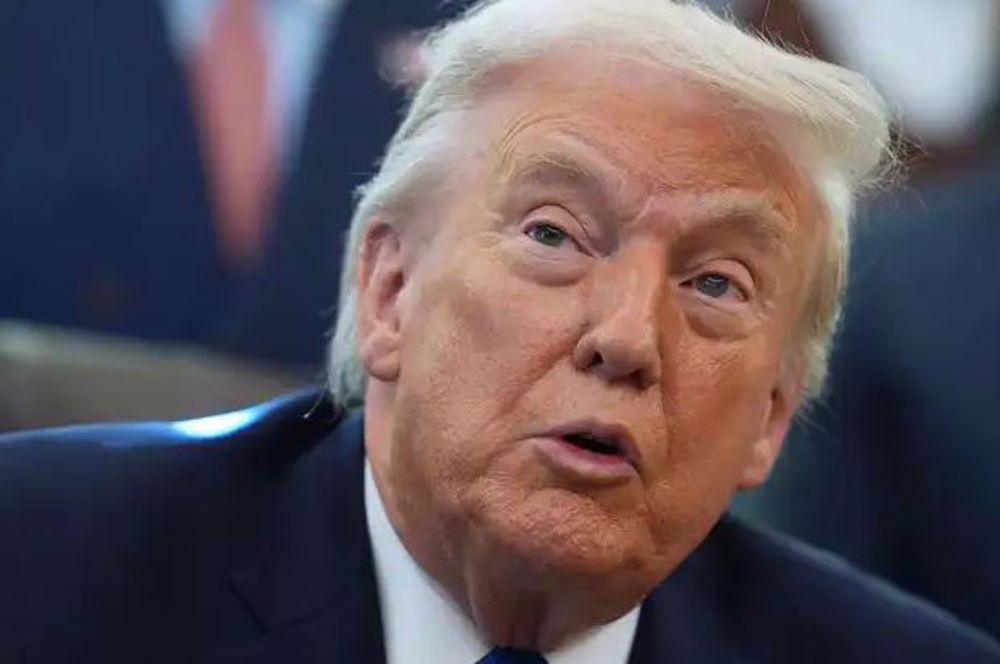Venezuela’s Guaido rejects central bank deal to buy COVID-19 vaccines
Venezuelan authorities say opposition figure Juan Guaido has rejected a deal, proposed by the Central Bank, to purchase coronavirus vaccines in Britain, where $1bn worth of Venezuelan gold is seized under US and UK sanctions.
The central bank requested the support of a board — appointed by President Nicolas Maduro— to transfer $120 million in funds frozen in Britain to the international organization, Gavi, to procure vaccines.
Lawyers for the bank said on Thursday that “Maduro’s government has been unable to effect payment to Gavi to secure access to COVID-19 vaccines by any other means.”
“Due to international sanctions the impacts of the COVID-19 pandemic in Venezuela have worsened,” they added.
But they said that Guaido, who is backed by the West as Venezuela’s interim president, rejected the proposed deal.
Guaido’s representative, Miguel Pizarro, however, dismissed the claims as “false.”
“I want to highlight the false nature of the information released by the Maduro regime,” he said on Thursday.
“We reiterate our willingness to find solutions to address the crisis that Venezuelans suffer today,” he claimed.
The opposition claimed in early January that it had reached a deal to participate in COVAX, one of Gavi’s facilities would provide vaccines, but did not provide details.
In the meantime, the Maduro government said it will shortly receive 10 million doses of Russia’s Sputnik V vaccine.
The government of Maduro asked the Bank of England last year to sell part of its gold reserves and transfer it to the United Nations Development Program (UNDP) to facilitate the purchase of supplies for the fight against the pandemic.
But the British High Court ruled last year against the Venezuelan government gaining access to the gold reserves.
The court said that it “unequivocally recognized" Guaido as Venezuela's president in the case that was initiated by Venezuela’s Central Bank.
Caracas described the move as "absurd and extraordinary" and called for a probe into the matter.
Under harsh US sanctions, Venezuela has plunged into a deep economic crisis and is currently suffering from an acute shortage of basic goods, food and medicine, compounded by the coronavirus pandemic.
President Donald Trump’s administration has imposed harsh economic sanctions on the oil-rich country and confiscated its state oil assets based in the US, channeling the funds to Guaido, in an effort to pressure Maduro to step down.
It also stepped up its anti-Maduro push by lending support to Guaido.
Observers, however, say the heavy sanctions have failed to remove Maduro from power have made life harder for people living in Venezuela.
Maduro, who has repeatedly accused Washington of openly pushing for a coup in the country, blames the US for an economic war which has led to hyperinflation and widespread shortages of food and medicine in Venezuela.
Some believe that Trump’s election defeat marks the end of the hardline pressure policy designed to oust Maduro, and the arrival of Democratic President-elect Joe Biden in the White House in January could pave the way for a new course of policy regarding Venezuela.
Venezuelans, however, say that Biden’s presidency will not improve Washington’s foreign policy toward other nations, including those in Latin America.
Iraq won’t allow terror groups to cross border into Iran: Security official
Iran’s security chief: Does America come first or Israel with 500 US soldiers killed?
Iran warns all Israeli embassies ‘legitimate targets’ if Lebanon embassy attacked
IRGC pounds bases of anti-Iran terrorist groups in Iraqi Kurdistan
Iran’s Fattah 2 hypersonic missile nearly impossible to intercept: Report
Another girls’ school targeted in US-Israeli attacks on Iran
IRGC says dismantled US radar in Qatar, attacked destroyer in Indian Ocean
Modi's Israel visit shows morality no longer guides India's foreign policy: Journalist
















 This makes it easy to access the Press TV website
This makes it easy to access the Press TV website